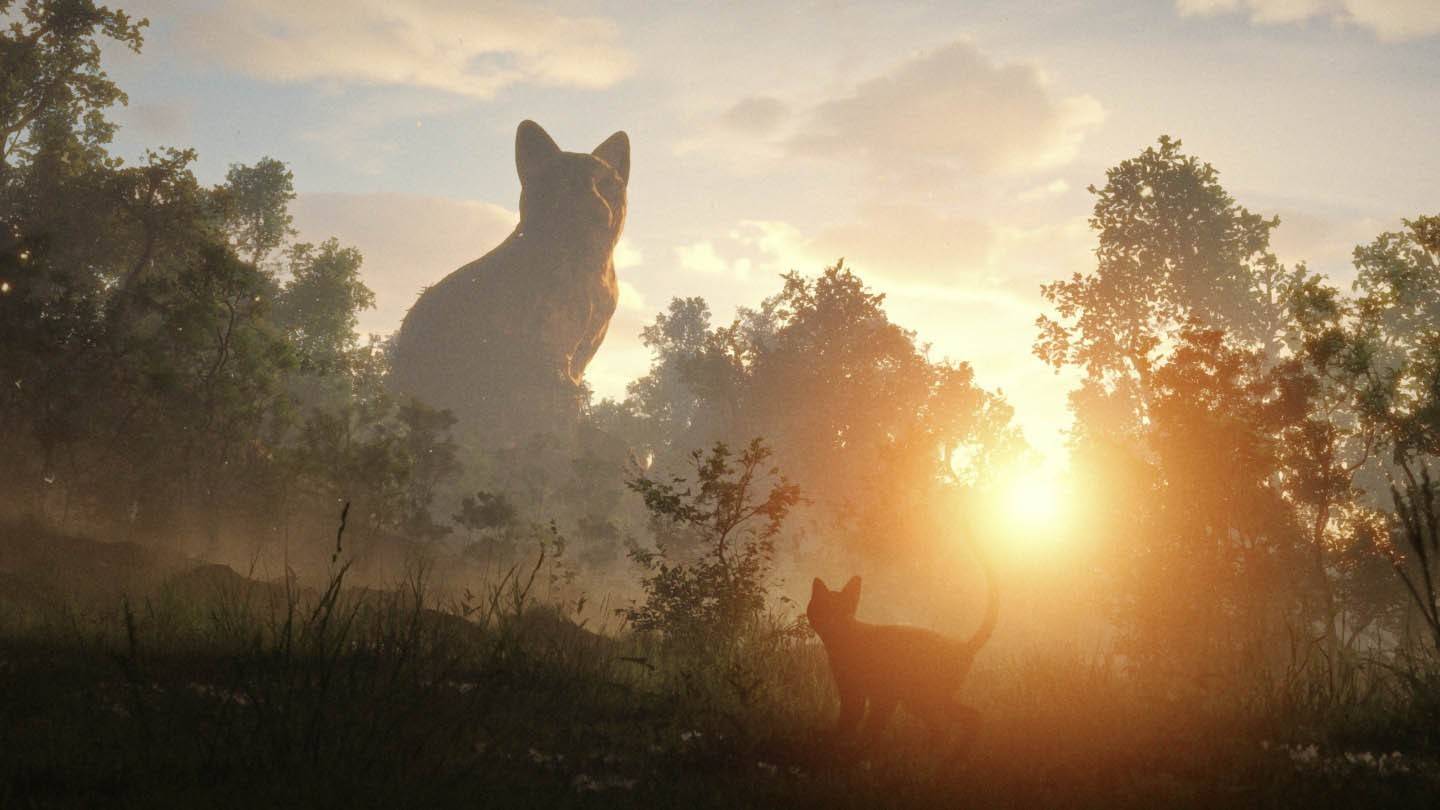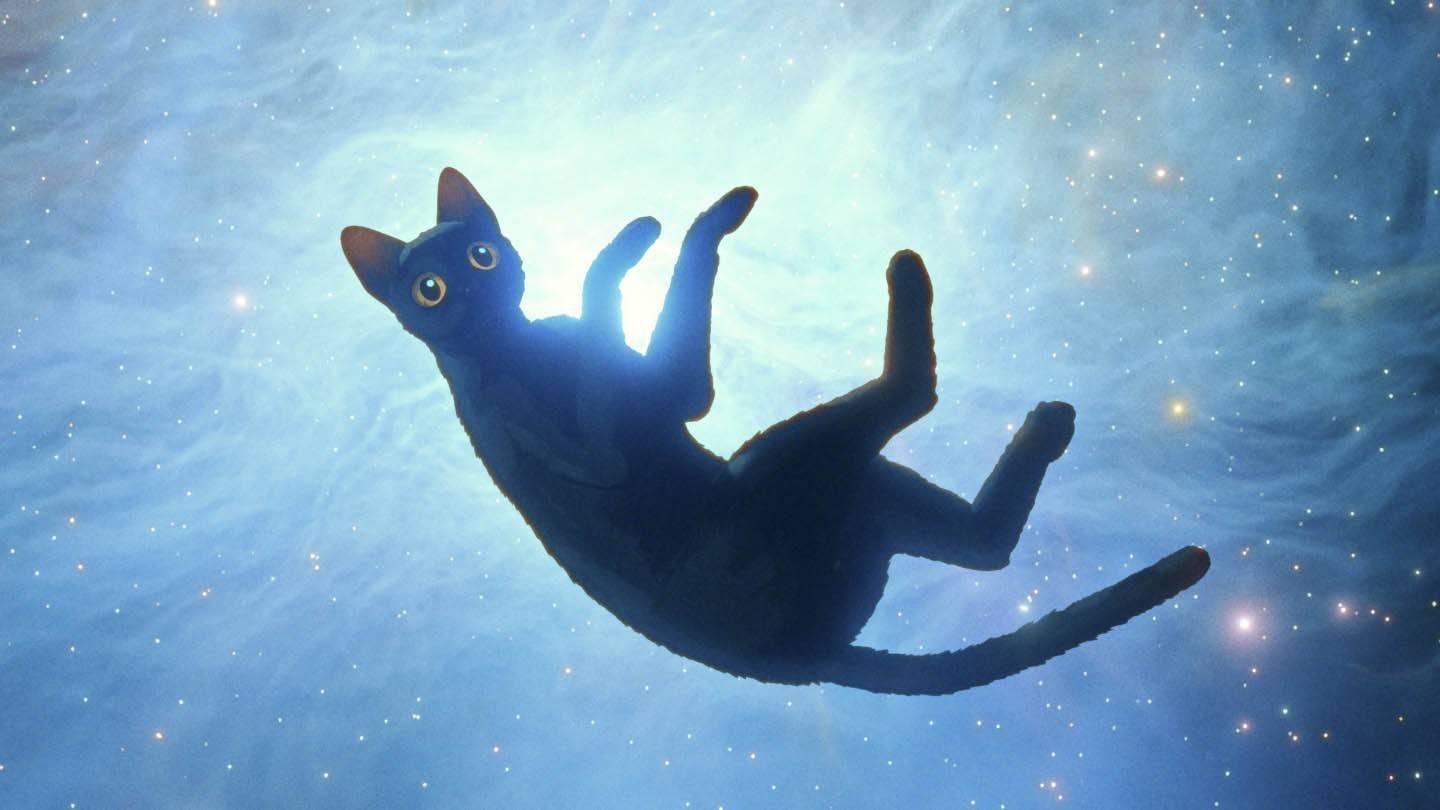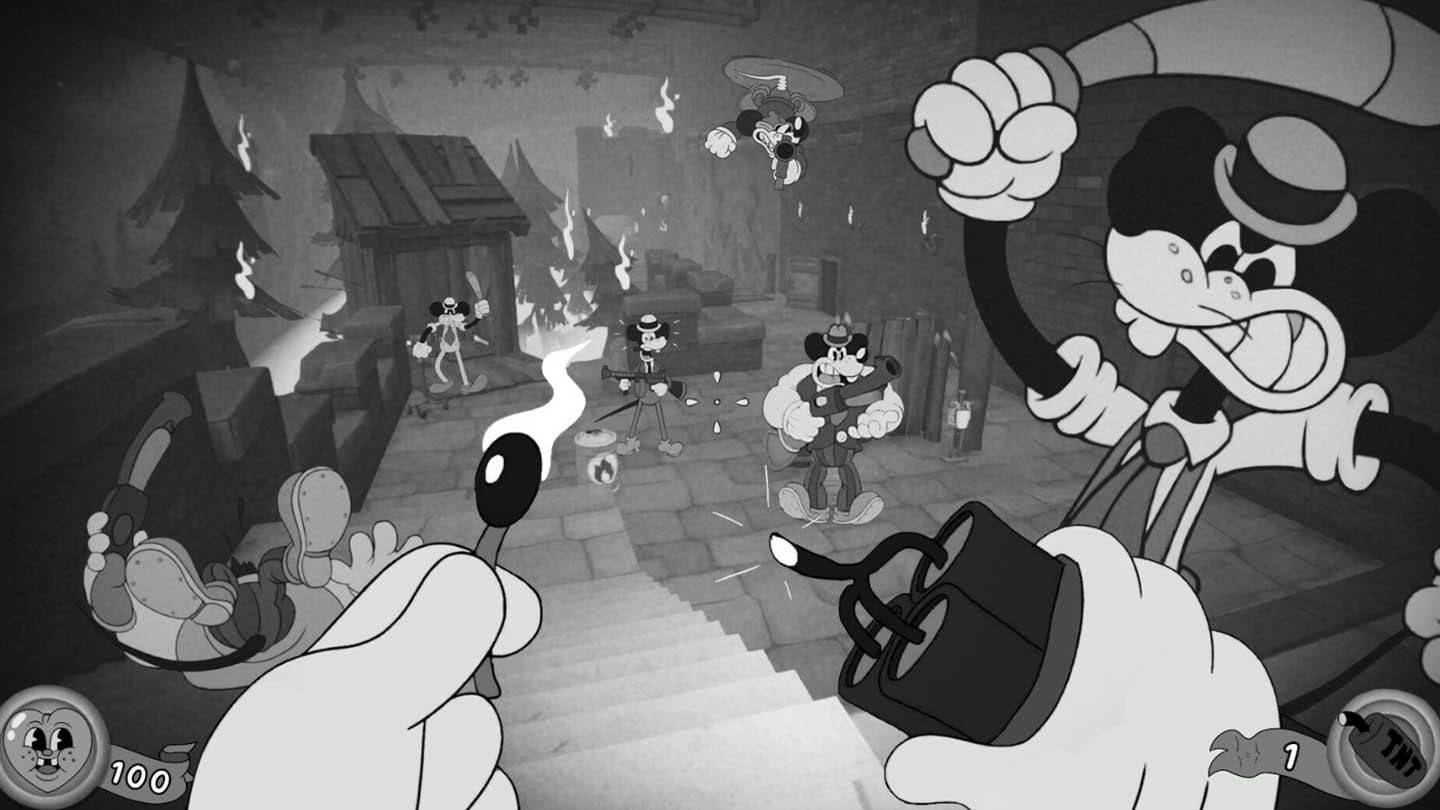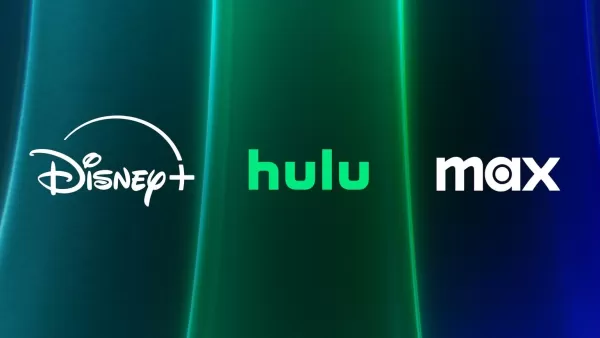The Latvian animated film *Flow*, directed by Gints Zilbalodis, has emerged as one of the most surprising and compelling cinematic triumphs of 2024. With over 20 international awards to its name, including a Golden Globe and the historic Oscar for Best Animated Feature—the first ever for Latvia—*Flow* has captured global attention through its imaginative storytelling and stunning visual artistry.
Set in a hauntingly serene yet desolate post-apocalyptic world, the film follows a clever and determined cat navigating survival alongside an eclectic group of animal companions as they confront the imminent threat of a worldwide flood. The story unfolds without dialogue, relying entirely on expressive animation, environmental cues, and immersive sound design to convey deep emotional resonance and thematic richness.
Here's what makes Flow so extraordinary
The animals mirror human behavior
At the heart of *Flow* lies a profound exploration of human traits and social dynamics, all represented through its diverse animal characters. Each creature embodies specific qualities that reflect familiar human behaviors, offering both subtle commentary and emotional depth.
- The Cat: A symbol of adaptability and resilience, the cat is constantly alert and resourceful, embodying the instinct to survive and thrive despite adversity.
- The Capybara: Calm and balanced, it also serves as a cautionary figure—its peaceful nature hints at the dangers of complacency and detachment.
- The Secretary Bird: Representing strong leadership, this character demonstrates the courage to make difficult decisions, even when they are unpopular or misunderstood.
- The Labradors: Energetic and loyal, these characters reflect youthful optimism and the innate need for connection and belonging.
- The Lemur: A sharp critique of modern materialism, the leur’s obsession with collecting objects mirrors consumer culture and superficial desires.
This intricate character dynamic creates a layered narrative that appeals to both children and adults. Younger audiences enjoy the engaging personalities and adventure, while mature viewers recognize deeper reflections of society, teamwork, and personal growth. Director Gints Zilbalodis himself noted parallels between assembling his creative team and the cat’s journey toward learning trust, collaboration, and leadership.
The story sparks childlike imagination
Released during a period of global reflection following the pandemic and amid ongoing political and environmental concerns, *Flow* resonates strongly with contemporary anxieties around survival, community, and ecological change.
By removing human characters entirely, the film invites audiences to interpret its themes freely. Early scenes depict remnants of civilization—boats tangled in trees, abandoned structures—hinting at past disasters and possible evacuations. However, the director intentionally leaves these details ambiguous, encouraging viewers to craft their own narratives about what happened to humanity.
The mysterious presence of the secretary bird further deepens the mystery. Is it a divine guide, a hallucination born from stress, or simply a natural leader emerging in times of crisis? These open-ended questions enhance the film's philosophical depth and invite repeated viewings.
An open-ended conclusion leaves viewers pondering multiple possibilities
- Will the characters find new ways to coexist after the flood?
- How will their relationships evolve under extreme conditions?
- What lessons about community and survival can be drawn from their experiences?
This layered storytelling allows each viewer to connect with the film on a deeply personal level, making *Flow* not just a movie, but a shared experience.
Unique animation style looks deceptively simple

Visually, *Flow* breaks away from conventional animation norms, embracing a minimalist yet emotionally rich aesthetic that enhances the storytelling rather than distracts from it. Inspired by watercolor textures and video game environments, the animation evokes a dreamlike atmosphere perfectly suited to the film’s tone.
Unlike typical blockbuster animations filled with rapid cuts and exaggerated expressions, *Flow* employs smooth transitions and long, unbroken shots that immerse the viewer in its world. This deliberate pacing and visual continuity create moments of pure cinematic beauty—such as sweeping camera movements through vast landscapes—that linger long after the credits roll.
No words needed
One of *Flow*'s most remarkable achievements is its ability to tell a powerful, emotionally engaging story without any spoken dialogue. Through precise use of body language, facial expressions, and carefully crafted soundscapes, the film communicates complex emotions and relationships effortlessly.
Recording authentic animal sounds presented unique challenges

Creating believable vocalizations for the characters required innovative approaches. The lead cat’s sounds were recorded using discreet techniques to capture natural reactions. Meanwhile, capybaras—known to vocalize only in specific situations like being tickled—required creative alternatives involving other species. Even seemingly simple sounds were meticulously designed to match each character’s personality and emotional state.
Critical acclaim and recognition
Despite a modest budget of just $3.5 million—a fraction of what major studios spend—*Flow* received overwhelming praise from critics and industry icons alike. Guillermo del Toro praised it as “a visionary beginning for animation's future,” while Bill Hader, despite his well-known allergy to cats, called it “the best film of 2024.” Wes Anderson described it as “absolutely unique and wildly exciting.”
The film’s success proves that artistic vision, technical innovation, and emotional storytelling can transcend financial limitations. Its global recognition marks a proud moment for Latvian cinema and sets a new benchmark for independent animated filmmaking.



 LATEST ARTICLES
LATEST ARTICLES 












